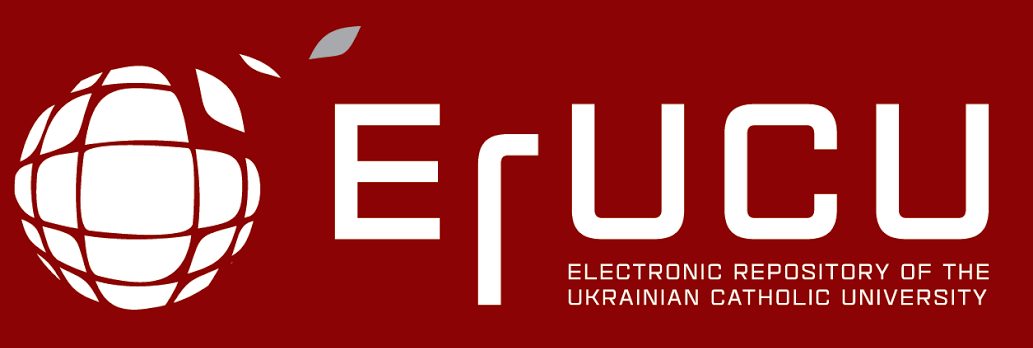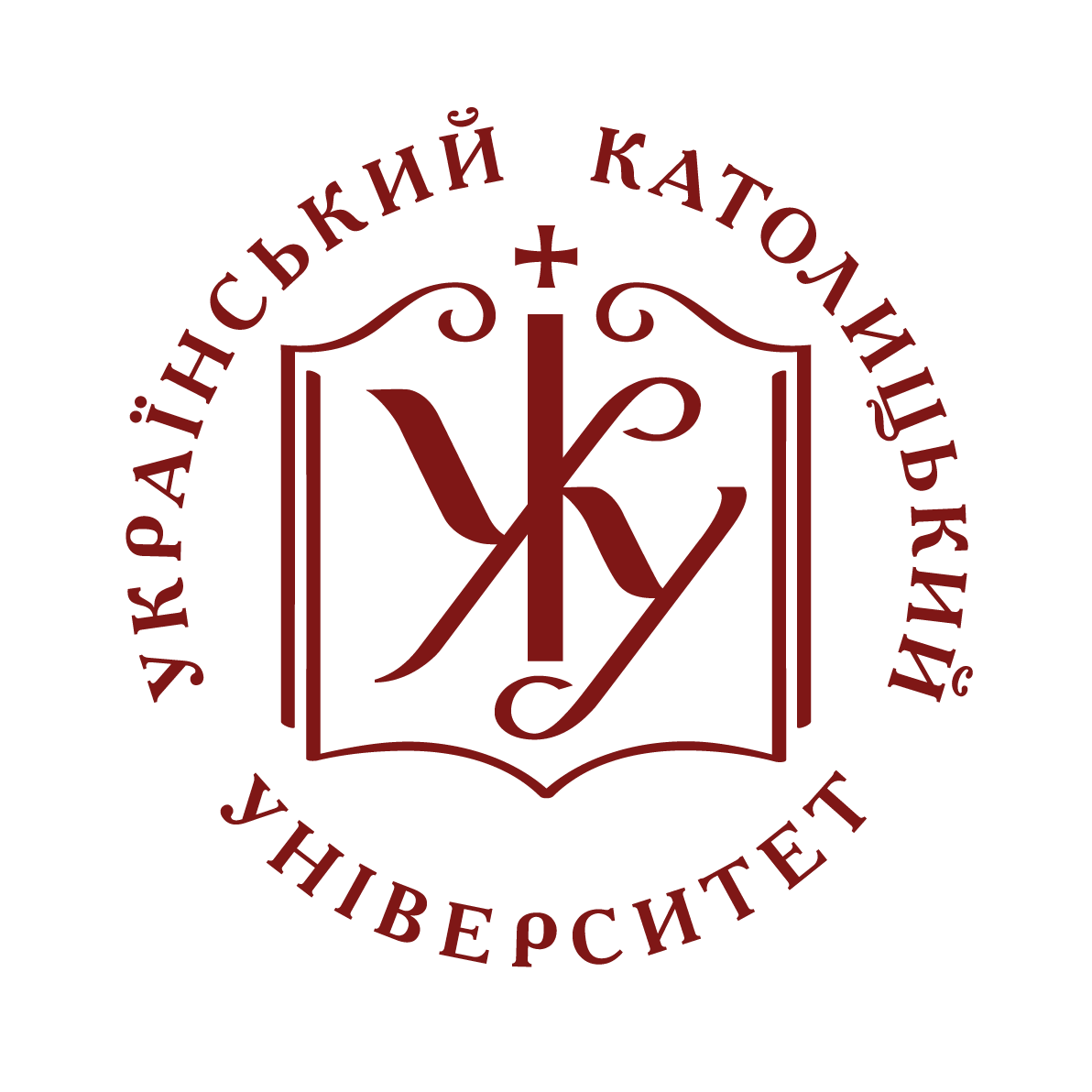- Домівка
- →
- Faculty of Humanities | Гуманітарний факультет
- →
- Кафедра історії
- →
- Дисертації та автореферати
- →
- Перегляд матеріалів
Сценарії JavaScript вимкнено для Вашого браузера. Деякі функції цього сайту не будуть працювати без них.
Показати скорочений опис матеріалу
| dc.contributor.author | Зайцев, Олександр
|
|
| dc.contributor.author | Zaitsev, Oleksandr
|
|
| dc.date.accessioned | 2021-06-02T10:22:13Z | |
| dc.date.available | 2021-06-02T10:22:13Z | |
| dc.date.issued | 2014 | |
| dc.identifier.citation | Зайцев О. Ю. Український інтегральний націоналізм (1920-1930-ті роки): генеза, еволюція, порівняльний аналіз : дисертація ... доктора історичних наук. Львів, 2014. | uk |
| dc.identifier.uri | https://er.ucu.edu.ua/handle/1/2685 | |
| dc.description.abstract | У дисертації розглянуто генезу і розвиток радикальної течії українського націоналізму міжвоєнної доби, проведено порівняльний аналіз трьох напрямів цієї течії між собою та з європейськими авторитарно-націоналістичними рухами. У центрі уваги дослідження – співвідношення загальноєвропейських тенденцій і унікальних рис у феномені, який прийнято називати українським інтегральним націоналізмом. Цей концепт, що його ще наприкінці 1920-х рр. впровадив у академічний обіг Карлтон Гейз, добре описує зміст ідеології і, певною мірою, практики ідейно-політичної течії, що сформувалася в Західній Україні та колах української політичної еміграції у 1920-х рр. і була представлена Дмитром Донцовим та його послідовниками («чинний націоналізм»), Організацією українських націоналістів («організований націоналізм»), Фронтом національної єдності Дмитра Палієва («творчий націоналізм»). У результаті дослідження розвинуто й аргументовано інтерпретацію радикальної течії українського націоналізму міжвоєнної доби як інтегрального націоналізму недержавної нації; показано, що він виявляв тенденцію до творення політичної релігії, яка, однак, не отримала логічного завершення; виділено характерні риси трьох головних напрямів українського інтегрального націоналізму; піддано критиці його інтерпретацію як різновиду фашизму; впроваджено концепт усташизму – революційної форми інтегрального націоналізму недержавних націй, що дає змогу ввести ідеологію та практику ОУН у ширший порівняльний контекст. | uk |
| dc.language.iso | uk | uk |
| dc.subject | інтегральний націоналізм, Західна Україна, міжвоєнний період, Дмитро Донцов, Організація українських націоналістів, Фронт національної єдності | uk |
| dc.title | Український інтегральний націоналізм (1920-1930-ті роки): генеза, еволюція, порівняльний аналіз : дисертація ... доктора історичних наук | uk |
| dc.type | Thesis | uk |
| dc.status | Опублікований і розповсюджений раніше | uk |
| dc.subject.udc | 94(477):323.13(=161.2)]“192/193” | |
| dc.description.abstracten | Zaitsev O. Yu. Ukrainian Integral Nationalism of the 1920s and 1930s: Genesis, Evolution, Comparative Analysis. – Manuscript. A dissertation for the degree of Doctor of Science in History, speciality 07.00.01 – History of Ukraine. – Ivan Krypiakevych Institute of Ukrainian Studies, National Academy of Sciences of Ukraine. – Lviv, 2014. The dissertation examines the genesis and development of the radical current of Ukrainian nationalism in European context during the interwar period. The concept of integral nationalism, coined by Carlton J. H. Hayes, properly describes the ideological content and practice of the political movement that emerged in Western Ukraine and in various Ukrainian political exile circles in the 1920s and comprised three main trends: the ‘active nationalism’ of Dmytro Dontsov and his followers, ‘organized nationalism’ (the Organization of Ukrainian Nationalists), and ‘creative nationalism’ (the Front of National Unity led by Dmytro Paliïv). Two contradictory and almost mutually exclusive positions still compete in the historiography of the interwar Ukrainian nationalist movement: one emphasizes the liberation character of its struggle for an independent state, rejecting or ignoring integralist and totalitarian elements in their ideology and practice; the other exposes the extremist, totalitarian, and ‘fascist’ nature of Ukrainian integral nationalism, denying it any liberation and democratic elements altogether. The author of this study tries to move beyond the confrontation of ‘accusatory’ and ‘apologetic’ historiographies. In particular, he argues that: Ukrainian integral nationalism was radical ideology of national liberation; its main objectives were to overcome the conditions, perceived as national oppression, and to establish an independent and powerful nation-state; the core myth of Ukrainian integral nationalism was a myth of national regeneration (palingenesis) in a post-liberal new order based on the domination of strong nations and races; like other integral nationalist movements in Europe (including the fascist ones), Ukrainian Nationalists had a tendency to sacralise politics and create a kind of secular religion; Ukrainian integral nationalism, however, never completed that process; although considering Ukrainian integral nationalism as a variety of fascism is not without foundation (especially within the framework of the history of ideas), the fascist model has a limited heuristic value for the Ukrainian case; the proper designation for the ideology and practice of the OUN and similar movements is not fascism, but rather ustashism (from the Croatian Ustaša), which can be defined as revolutionary integral nationalism developing under conditions of perceived foreign oppression and using violence for the purpose of national liberation and for creating an independent authoritarian state. Although integral nationalism was not the faith of the majority of western Ukrainians on the eve of World War II, it showed the largest dynamic and captured the majority of the politically active youth. This led to the crucial role, which it played in the struggle for the independence of Ukraine during the War. Key words: integral nationalism, Western Ukraine, interwar period, Dmytro Dontsov, Organization of Ukrainian Nationalists, Front of National Unity. | uk |
Долучені файли
Даний матеріал зустрічається у наступних зібраннях
-
Дисертації та автореферати [1]
Dissertations and Theses


